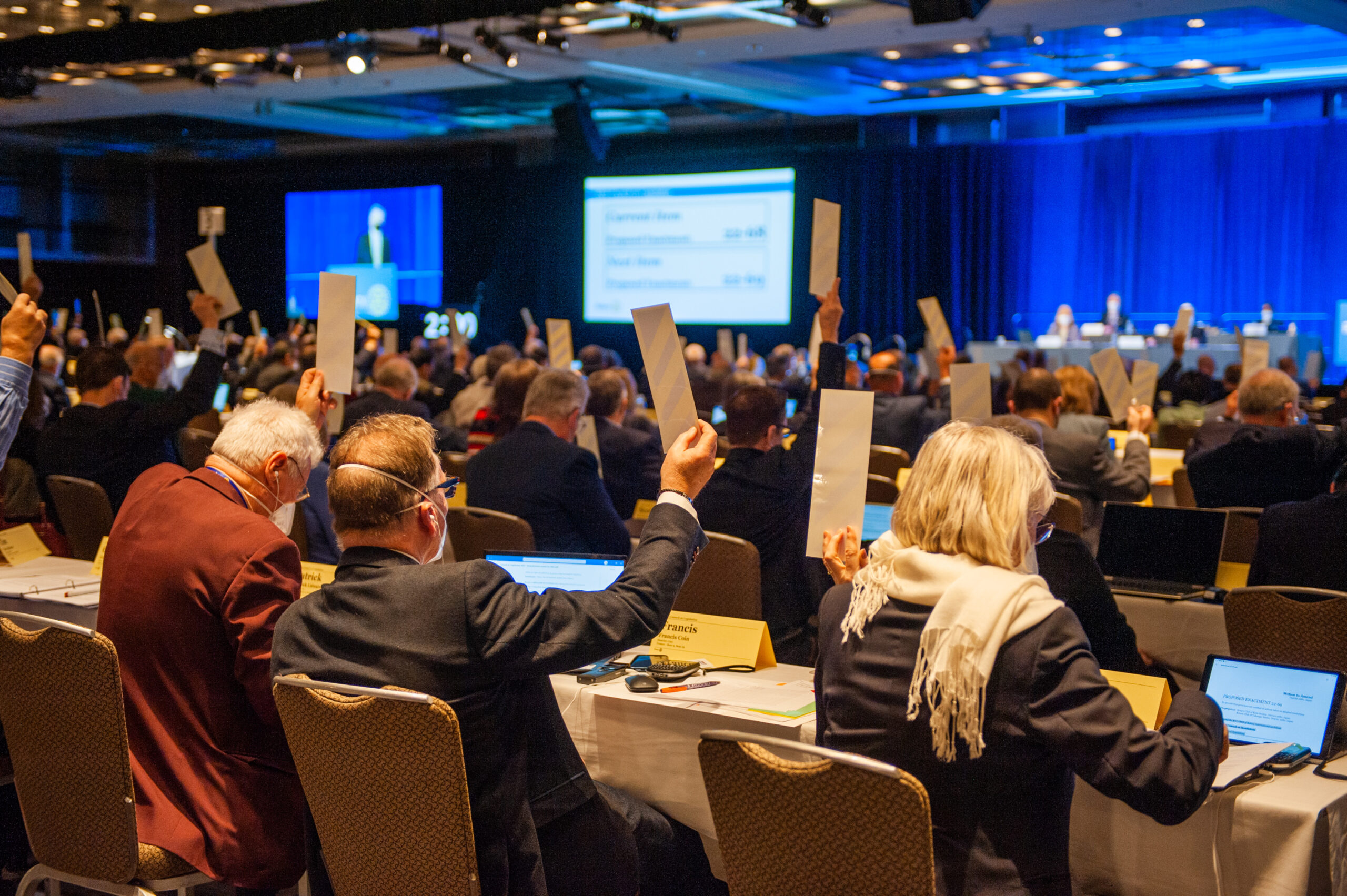Rotary International
The History of Rotary
The Early Years
Today, Rotary is well known throughout the world for its dedication to service and international goodwill. Changing the world through service, however, was hardly uppermost in the mind of Paul P. Harris when he founded the organization in 1905. Harris, a lawyer in Chicago, Illinois, USA, had been raised in a rural village in Vermont. He envisioned a new kind of club for professionals that would kindle the fellowship and friendly spirit he had known in his youth.
On the evening of 23 February 1905, Harris invited three friends to a meeting. Silvester Schiele, a coal dealer, Hiram Shorey, a merchant tailor, and Gustavus Loehr, a mining engineer, gathered with Harris in Loehr’s business office in Room 711 of the Unity Building in downtown Chicago. They discussed Harris’ idea that business leaders should meet periodically to enjoy camaraderie and to enlarge their circle of business and professional acquaintances. The club met weekly; membership was limited to one representative from each business and profession. Though the men didn’t use the term Rotary that night, that gathering is commonly regarded as the first Rotary club meeting.

. . . For the rest of this story CLICK HERE

Rotary Goes Global
In 1910, Rotary became international with the formation of the Rotary Club of Winnipeg, Manitoba, Canada. Two years later, the Winnipeg club became the first Rotary club officially chartered outside the United States.
By the time Paul Harris ended his term as president in 1912, Rotary had spread across the Atlantic, with the formation of clubs in the British Isles. After his term, Harris continued his involvement in Rotary as president-emeritus, traveling extensively to promote Rotary both in the US and abroad.
In 1916, witnessing the growing popularity of the clubs in various regions worldwide, Rotary set up a district system. The organization became truly global — transcending national boundaries, race, language, and religion — as clubs mushroomed throughout Europe, South and Central America, Australia, Africa, and Asia. Rotary was represented on six continents by 1921. To reflect this worldwide presence, the name Rotary International was adopted one year later.
. . . For the rest of this story CLICK HERE
The Object of Rotary
The Object of Rotary is to encourage and foster the ideal of service as a basis of worthy enterprise and to encourage and foster:
First:
The development of acquaintance as an opportunity for service.
Second:
High ethical standards in business and professions, the recognition of the worthiness of all useful occupations, and the dignifying of each Rotarian’s occupation as an opportunity to serve society.
Third:
The application of the ideal of service in each Rotarian’s personal, business, and community life.
Fourth:
The advancement of international understanding, goodwill, and peace through a world fellowship of business and professional persons united in the ideal of service.
Avenues of Service
For years, Rotary’s commitment to Service Above Self
has been channeled through the Avenues of Service,
which form the foundation of club activity.
Club Service: focuses on strengthening fellowship and ensuring the effective functioning of the club.
Community Service: Covers the projects and activities the club undertakes to improve life in its community.
Vocational Service: Encourages Rotarians to serve others through their vocations and to practice high ethical standards. Observed each October, Vocational Service Month spotlights Rotary club projects related to this avenue, offering opportunity for clubs and districts to use their professional skills in service projects.
New Generations: Service recognizes the positive change implemented by youth and young adults through leadership development activities as RYLA , Rotaract and Interact, service projects, and creating international understanding with Rotary Youth Exchange.
International Service: Encompasses actions taken to expand Rotary’s humanitarian reach around the globe and to promote world understanding and peace. Rotarians can support International Service by sponsoring a project in another country, seeking international project partners to support projects in their own communities, or by personally volunteering at an international project site.
More About Rotary International
